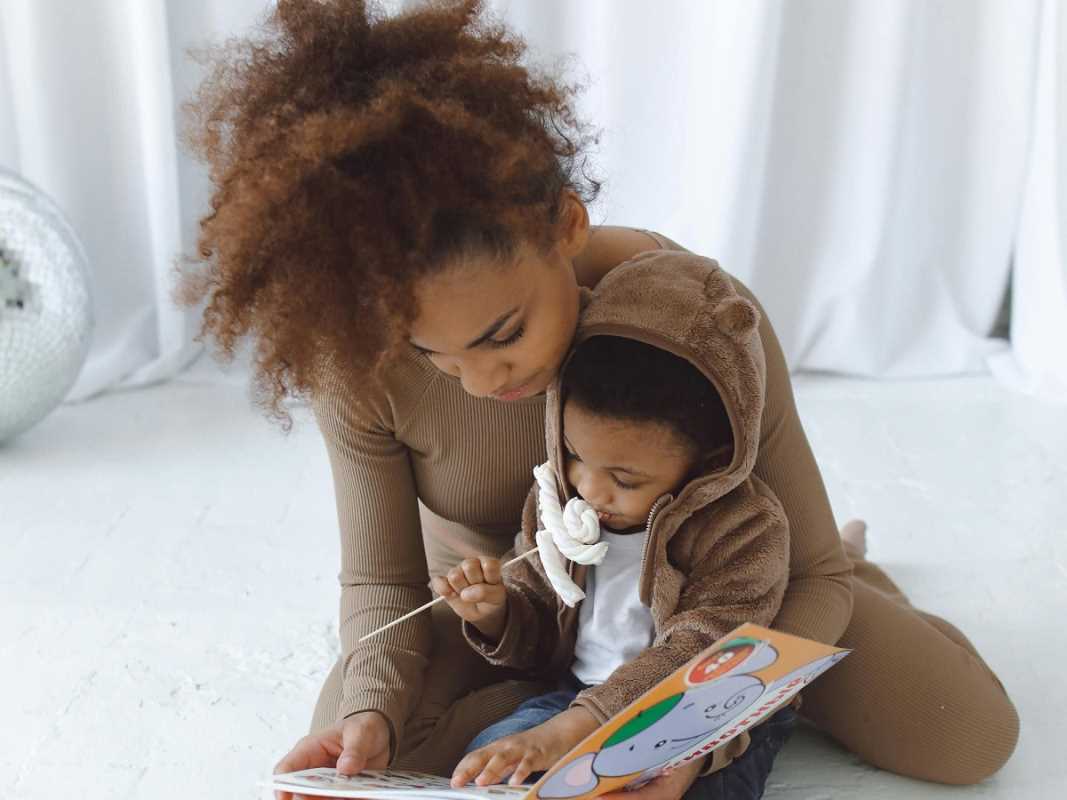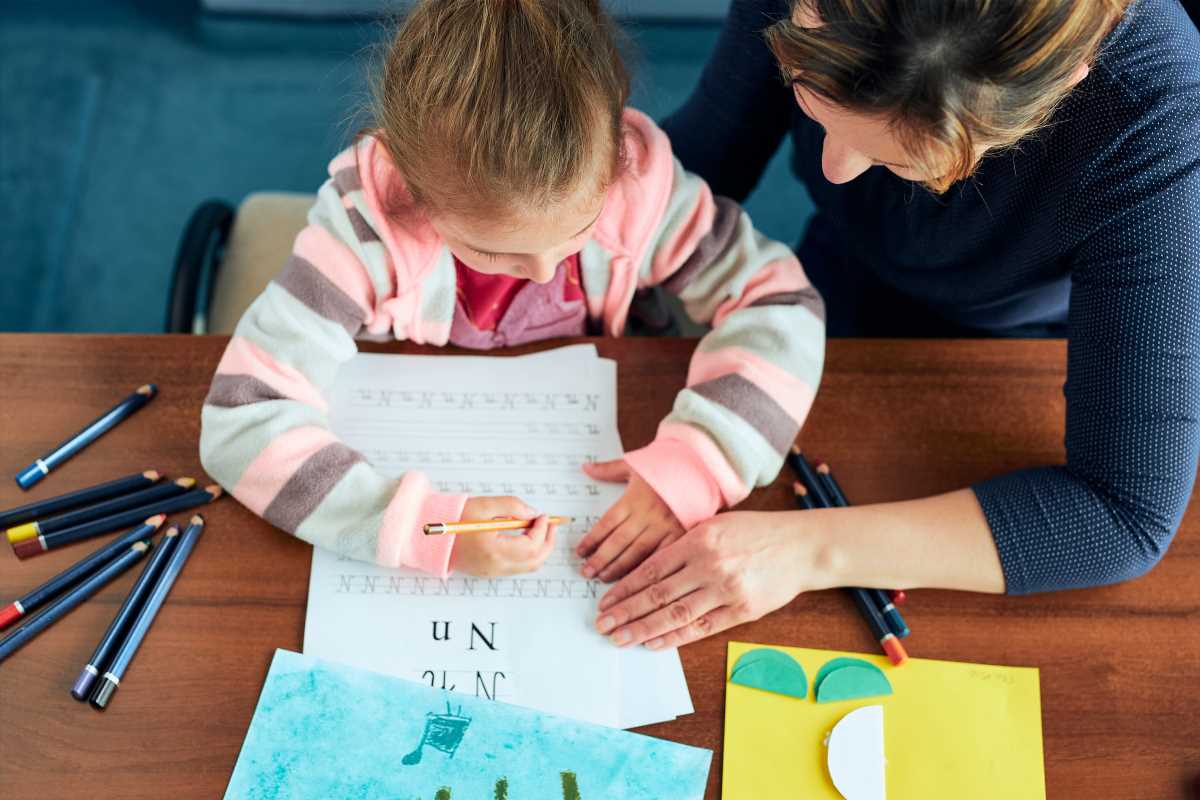Parents and educators have a wonderful opportunity to spark curiosity and understanding in toddlers by sharing stories from different cultures. Through these captivating tales, they bring the vast and colorful spectrum of human traditions and narratives to life, offering children a passport to the world's diverse cultures. As they immerse young listeners in these stories, they do more than just entertain—they actively contribute to the crucial stages of early childhood development. This storytelling journey not only captivates young minds but also plants the seeds for a lifelong love of learning and an empathetic understanding of others.
Boosting Communication Skills
When toddlers encounter cultural stories, they meet new words and phrases that expand their vocabulary. As they listen to tales from different traditions, they learn to articulate thoughts and express themselves more clearly. This exposure to varied language patterns enhances their ability to communicate effectively with others.
Storytelling sessions encourage interactive dialogue between parents and children. By asking questions and prompting responses, adults guide toddlers to form complete sentences and convey their ideas, strengthening verbal communication skills from an early age.
Encouraging Creativity and Imagination
- Encourages toddlers to visualize characters and settings, sparking imaginative play.
- Introduces fantastical elements that inspire creative thinking and problem-solving.
- Allows children to experiment with different roles and scenarios, enhancing creative expression.
- Stimulates artistic endeavors, encouraging drawing, storytelling, and other creative activities.
Cultural Awareness and Diversity
Through cultural storytelling, toddlers learn about the customs, traditions, and values of various communities around the world. This early exposure promotes an understanding and appreciation of diversity, helping children recognize and respect differences from a young age.
By hearing stories that reflect different societal norms and practices, children embrace multiculturalism. This foundation of cultural awareness builds a more inclusive mindset, preparing them to succeed in an increasingly globalized society.
Strengthening Emotional Intelligence
- Helps toddlers identify and label their own emotions through characters' experiences.
- Encourages empathy by allowing children to understand how others feel in different situations.
- Provides safe scenarios for discussing and processing complex emotions.
- Promotes resilience by showcasing characters overcoming challenges and adversity.
Enhancing Listening and Concentration
Listening to cultural stories requires toddlers to focus and pay attention to the narrative. As they follow along with the plot and characters, their ability to concentrate improves, a skill essential for academic success and daily interactions.
Regular storytelling sessions also cultivate active listening habits. Children learn to listen attentively to instructions and conversations, enhancing their overall listening skills and ability to stay engaged over longer periods.
Building Memory and Cognitive Skills
Cultural storytelling exercises toddlers' memory by encouraging them to recall details from the stories, such as character names, settings, and sequences of events. This practice enhances their ability to retain information and strengthens their cognitive functions.
Engaging with diverse narratives also challenges toddlers to think critically and make connections between different concepts, thereby boosting their problem-solving abilities and overall cognitive development.
Integrating cultural storytelling into a toddler's routine enhances communication, creativity, emotional intelligence, and cognitive skills, supporting holistic development and fostering cultural appreciation.
 (Image via
(Image via





